Blog
Join the new civil liberties movement. Protect Americans from the Administrative State!
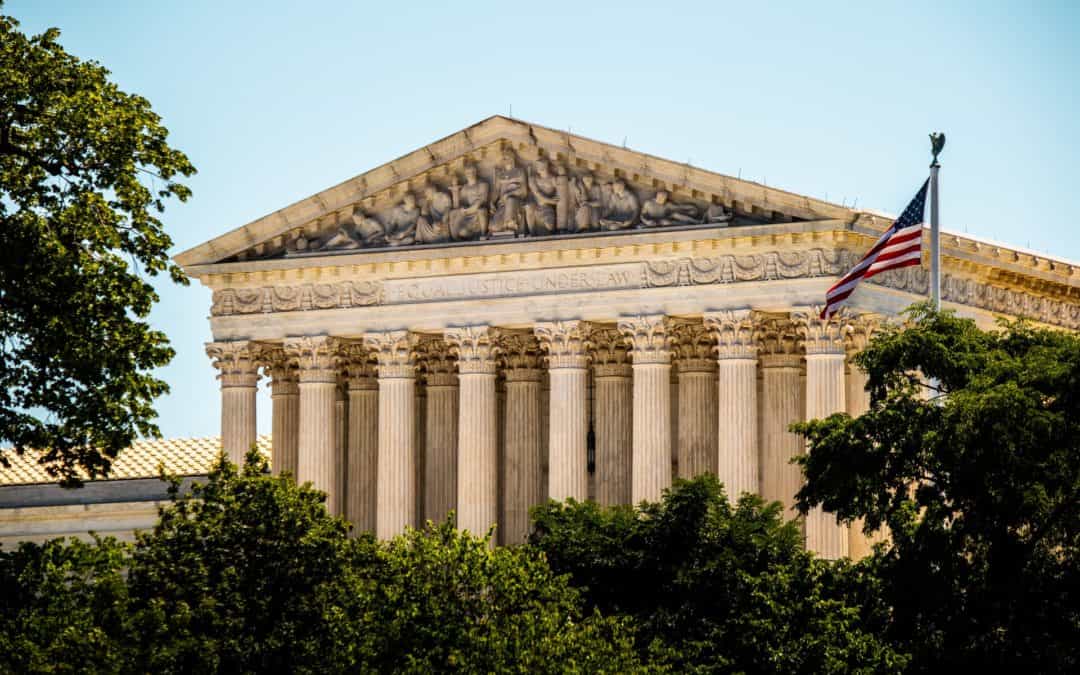
West Virginia v. EPA – Mouseholes and Major Questions
On June 30, 2022, the Supreme Court issued its ruling in West Virginia v. Environmental Protection Agency, a case concerning the breadth of the Environmental Protection Agency’s authority under the Clean Power Plan—a regulation promulgated under the Obama...
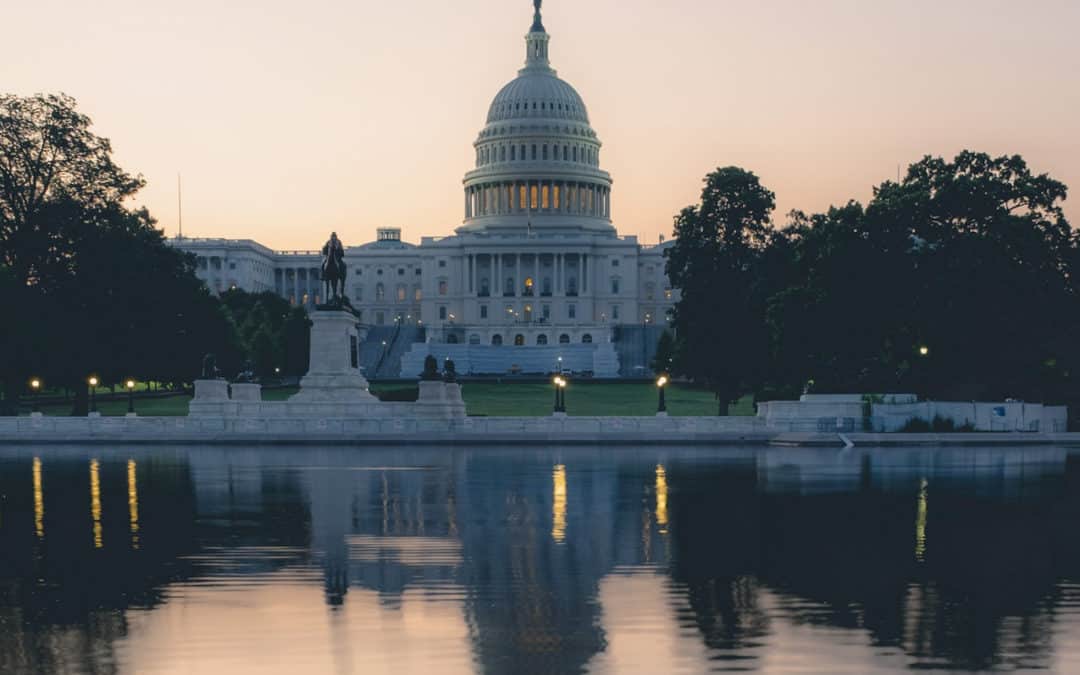
Non-Delegation Doctrine 101
Jon Stewart recently discussed at length on his podcast, “The Problem with Jon Stewart,” until recently, a nearly extinct legal doctrine known as “non-delegation.” Although the Supreme Court has not invalidated any law on non-delegation grounds since the 1930s,...
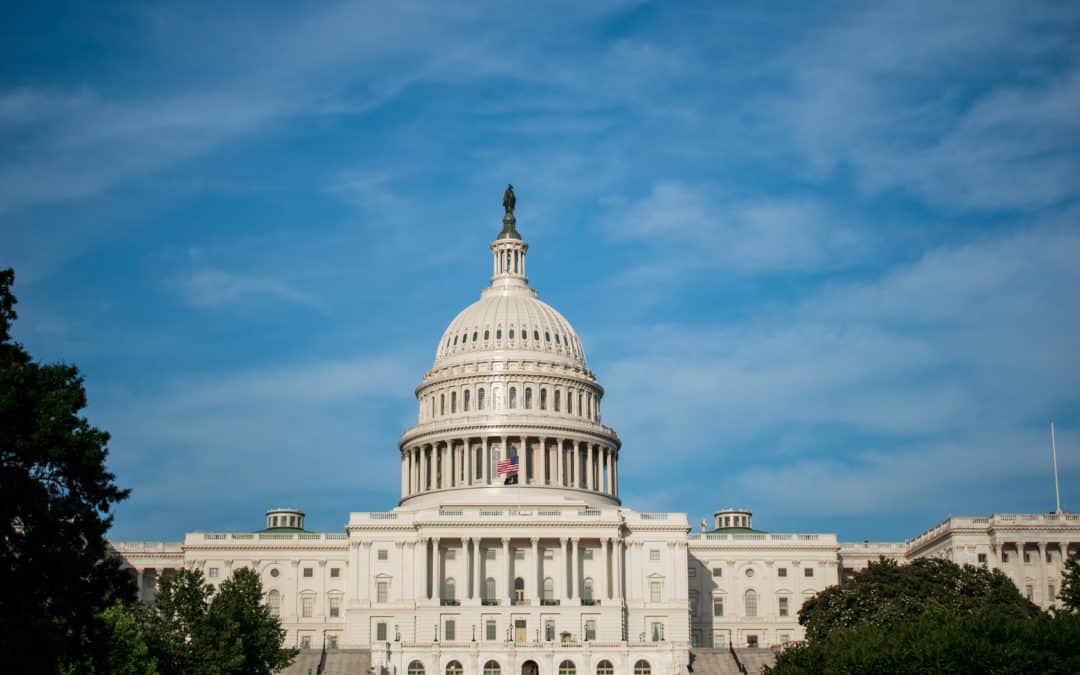
The Other Cause of Congressional Inaction
Many Americans can tell you that Congress has been unable to pass laws because Republicans and Democrats disagree on the issues. For a bill to pass in the Senate, effectively 60 out of the 100 Senators must vote in favor of it because of a procedure called the...

Beware “Harvard Deference”: Judicial Deference and Race-Based Admissions
Should courts defer to a university’s decision to base admissions decisions on the race of applicants? That issue is likely to be addressed in the upcoming Students for Fair Admissions v. Harvard and University of North Carolina cases, which the Supreme Court has agreed to hear in its 2022-23 term.

DHS Disinformation Board Paused, Government Urge to Censor Continues
A little over a year ago, the Supreme Court issued a unanimous decision in AMG Capital Management, LLC v. Federal Trade Commission. In that case, the Court determined that Section 13(b) of the Federal Trade Commission Act (FTC Act), 15 U.S.C. § 53(b), does not authorize the FTC “to seek, and a court to award, equitable monetary relief such as restitution or disgorgement.”
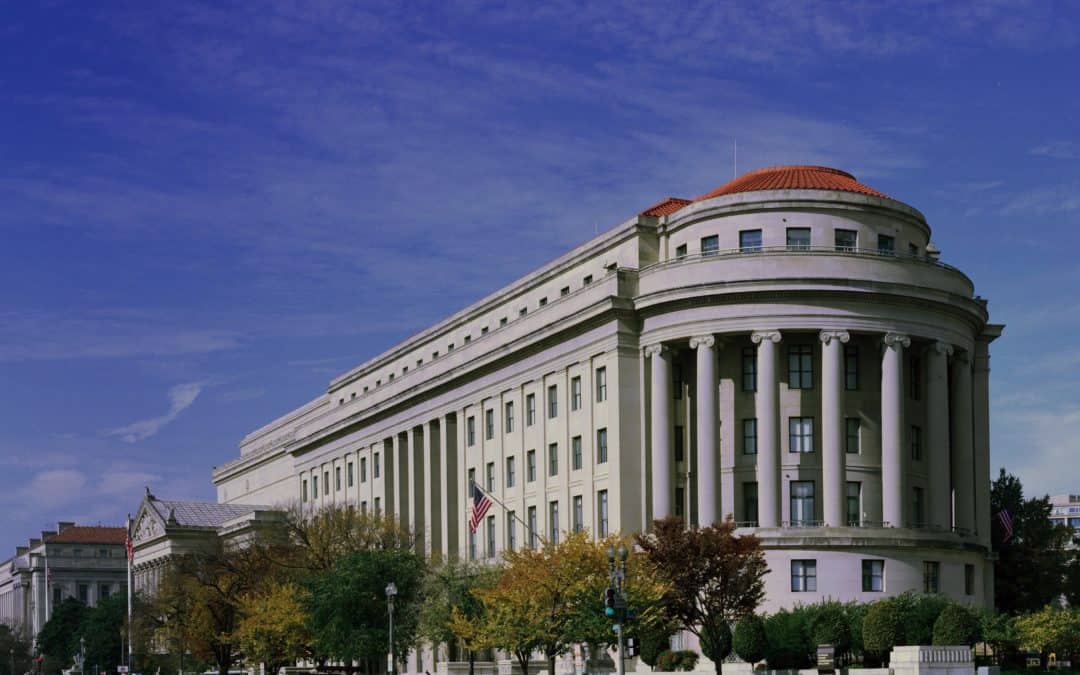
The Thing No One Is Talking About Post-AMG
A little over a year ago, the Supreme Court issued a unanimous decision in AMG Capital Management, LLC v. Federal Trade Commission. In that case, the Court determined that Section 13(b) of the Federal Trade Commission Act (FTC Act), 15 U.S.C. § 53(b), does not authorize the FTC “to seek, and a court to award, equitable monetary relief such as restitution or disgorgement.”

Judge Jones Stands Up for Separation-of-Powers Principles
Defenders of the administrative state have long contended that the Government runs much more smoothly when professional bureaucrats are granted free rein to act in “the public interest,” unconstrained by political forces that they fear are, all too often, dominated by “special interests.” That belief led in 2010 to creation of the Consumer Financial Protection Bureau (CFPB), an agency structured by Senator Elizabeth Warren and others to be entirely insulated from control by the political branches of government.

Proposed Legislation Would Ban Vital Procedure
The federal Food and Drug Administration for several years has been attempting to prevent a state-licensed healthcare facility in Massachusetts from continuing to provide treatment to severely disabled patients. Last year, the federal appeals court in...

SEC’s Board Diversity Rules—An Unholy Alliance of Government and Industry Evading the Constitution
When did it become acceptable to ask people about their race, gender identification, and sexual preferences when determining their qualifications to do a job? If the SEC—and the stock exchange it supervises, Nasdaq—have their way, the answer is quickly...

Justice Gorsuch Embraces the Rule of Lenity—and Underscores Textualism’s Modest Goals
In its decision earlier this month in Wooden v. United States, 142 S. Ct. 1063 (2022), the Supreme Court had little difficulty rejecting the Solicitor General’s expansive interpretation of the Armed Career Criminal Act (ACCA). That statute mandates a 15-year...

Energy Security Is National Security
In December 200,8 Marine Corps General James Jones (Ret) wrote in a Wall Street Journal article that “You can’t use the word energy independence. It is not a valid phrase. It is designed to excite people. But it is simply not going to happen.” At the time that...

Everyone Entering Marco Island Be Warned: City Is Keeping Tabs on You
NCLA filed a lawsuit against the City of San Marco, Florida, on February 7, 2022, challenging the use of Automatic License Plate Readers (ALPRs) to track all drivers within city limits. This marks NCLA’s second lawsuit against a Florida municipality’s use of ALPR technology on Fourth Amendment grounds—the first case was filed against Coral Gables.

Madness and Recovery: Dr. Skoly in Court
Proving the truth about going “mad,” Rhode Island, in response to the COVID-19 Delta variant, enacted an excessively broad vaccine mandate for health care workers. As should have been foreseen, but was not (as is typical of political actions taken in fear and haste), the mandate has harmed the public: The termination of workers unwilling to be vaccinated has created staffing shortages so critical that Rhode Island has been forced to allow COVID infected workers to treat vulnerable patients.
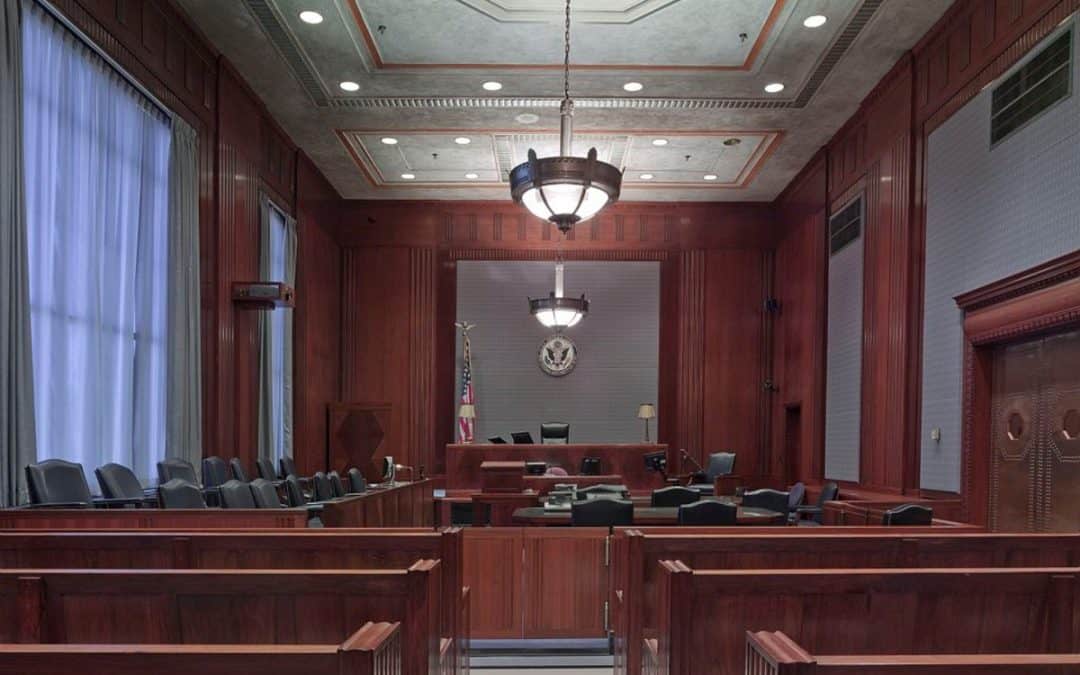
Acquitted Conduct and Sentencing Enhancements: Is a Change in Supreme Court Precedent Near?
It seems logical that a person acquitted of a crime cannot, and should not, serve time for that crime, but on the federal level, and in many states, that is not always the case. In criminal cases, an acquittal means that the government has failed to prove an...

First Amendment Claimants Deserve Their Day in Court
McCain-Feingold, the campaign-finance legislation adopted by Congress in 2002, includes several provisions (known collectively as “the Millionaires’ Amendment”) designed to protect incumbent members of Congress facing very wealthy challengers. Among the provisions is one that limits a campaign committee’s right to use funds raised after the election to repay large loans (in excess of $250,000) made to the committee by the candidate himself.

Federal Contractors Are Not Federal Vaccine Mandate Enforcers
“When all you have is a hammer every problem looks like a nail” as the old saying goes. For the Federal Government, there appears to be no statute the Office of Legal Counsel can find that does not allow it to hammer a vaccine mandate on the populace upon...
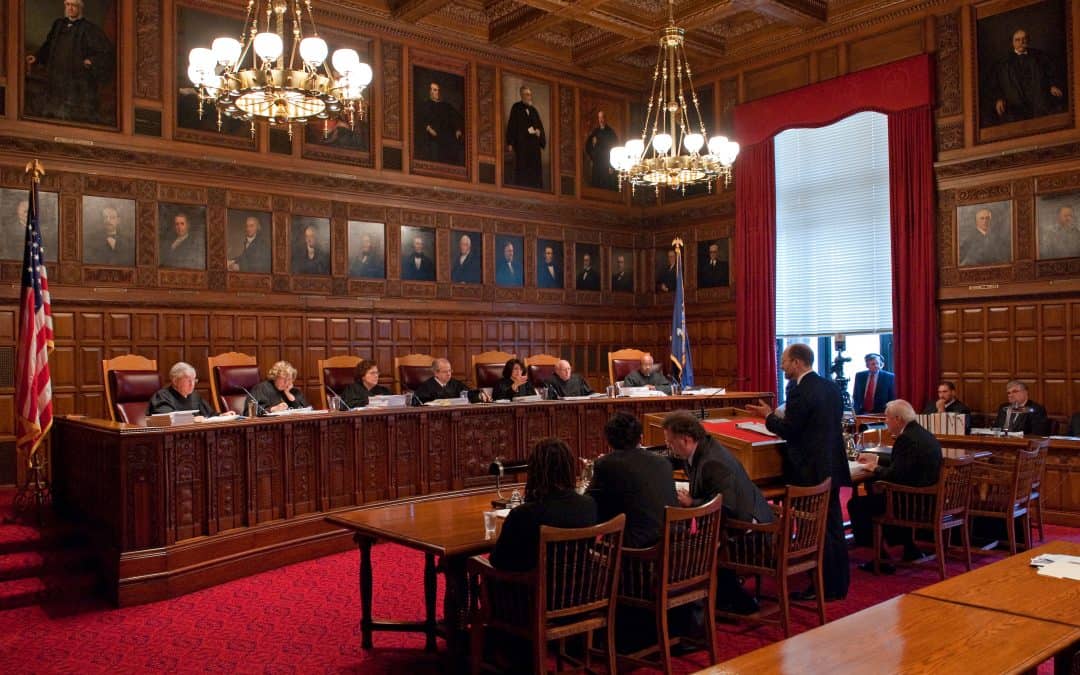
Of Walpoles in Buicks: Do Courts Owe a Reciprocal Duty of Candor?
“Every case lays down a rule, the rule of the case…But a later court can reexamine the case…In the extreme form this results in what is known as expressly ‘confining the case to its particular facts.’ This rule holds only of redhead walpoles in pale magenta...

NLRB’s Prosecution of a Twitter Jokes Has Left the Third Circuit Considering Whether to Check the Agency’s Expansion of Its Enforcement Authority
When Vox Media employees walked out during a bargaining dispute in 2019, Twitter users tweeted along. Among the commentators was Ben Domenech, the publisher of the web magazine The Federalist. He tweeted from his personal account, “FYI @fdrlst first one of you tries to unionize I swear I’ll send you back to the salt mine.” A senior contributor at The Federalist tweeted in reply that workers “demand to be paid in Ben-mixed cocktails.”

What Do Amtrak and Stock Exchanges Have in Common under the Constitution?
NCLA’s latest “Lunch and Law” discussed its challenge in the Fifth Circuit against an Order issued by the Security and Exchange Commission (SEC) approving Nasdaq’s Board Diversity Rule, which requires Nasdaq-listed companies to satisfy gender, race, and LGBTQ+...

Mandated Covid Vaccination for Kids Is Illegal, Here’s Why
The prospect of COVID-19 vaccine requirements for 5 to 11 year olds has become the latest frontier in the vaccine mandate debate, particularly since FDA gave the Pfizer-BioNTech Emergency Use Authorization (EUA) for young children this age at the end of...

A Return to Subregulatory Enforcement: Can Jury Instructions Cure the Malaise?
During his first days and months in office, President Biden revoked a series of Executive Orders aimed at curbing abusive administrative enforcement actions and reliance on guidance documents. The revoked EOs, and agency regulations implementing them, provided much-needed protections for regulated parties and entities who were the targets of agency enforcement actions.

Courts Should Enforce the Rights of Veterans
Throughout the past 80 years, Congress has passed a series of statutes designed to ensure that military veterans are well cared for. In recognition of Congress’s intent to help veterans, the courts have developed a well-established rule of statutory construction known as the “pro-veteran canon”: when the meaning of a statute is obscure, any ambiguity in the law is to be resolved in the veteran’s favor.

To Mandate or Not to Mandate: History Will Not Judge Us Kindly
MSU’s stated goal for adopting its vaccine mandate is to keep people safe from COVID-19. The focus, therefore, should be on immunity, not on the idea of vaccinating for the sake of vaccinating. If the intent is to minimize the incidence and severity of a particular disease, the government should concentrate on outcome, not conformance.

Mutually Assured Liberty: Generational Reciprocity and the Constitution
In my July 9, 2021 blog post, I examined the nexus between the Declaration of Independence, which pronounced the liberty-to-all principle that chartered the American nation, and the Constitution, which is the vehicle through which the Framers chose to achieve...
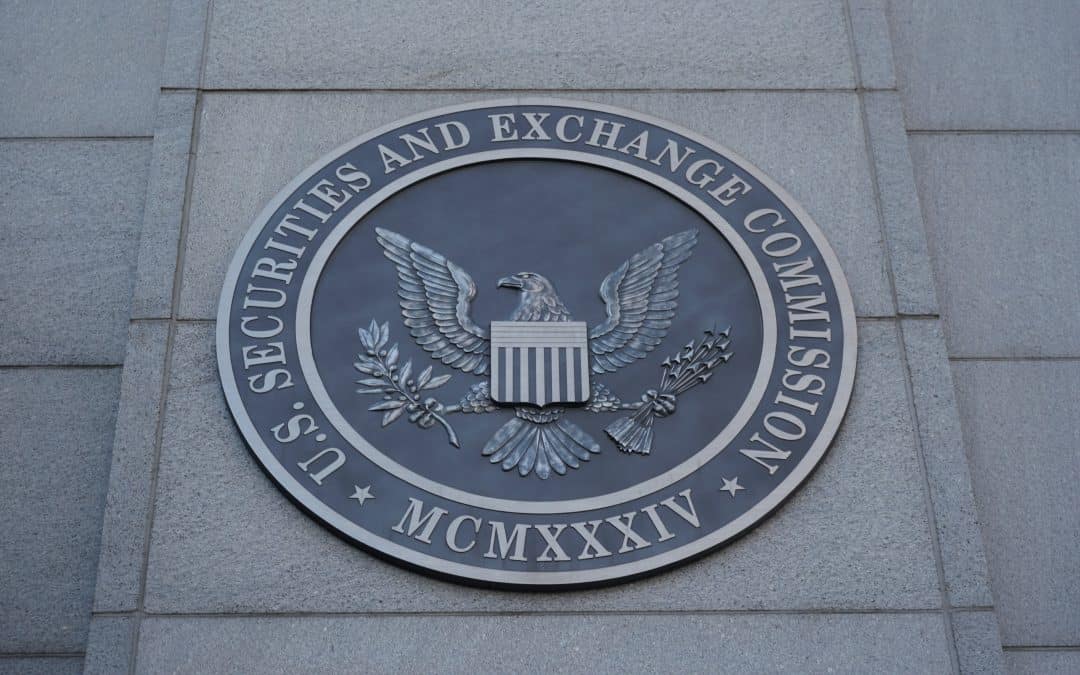
Back to the Future: Justice Jackson’s Prescient Dissent in Chenery II
I give up. Now I realize fully what Mark Twain meant when he said, “The more you explain it, the more I don’t understand it.” Justice Robert H. Jackson, dissenting in Chenery Corp. v. SEC, 332 U.S. 194, 214 (1947) Justice Robert H. Jackson has long been...
